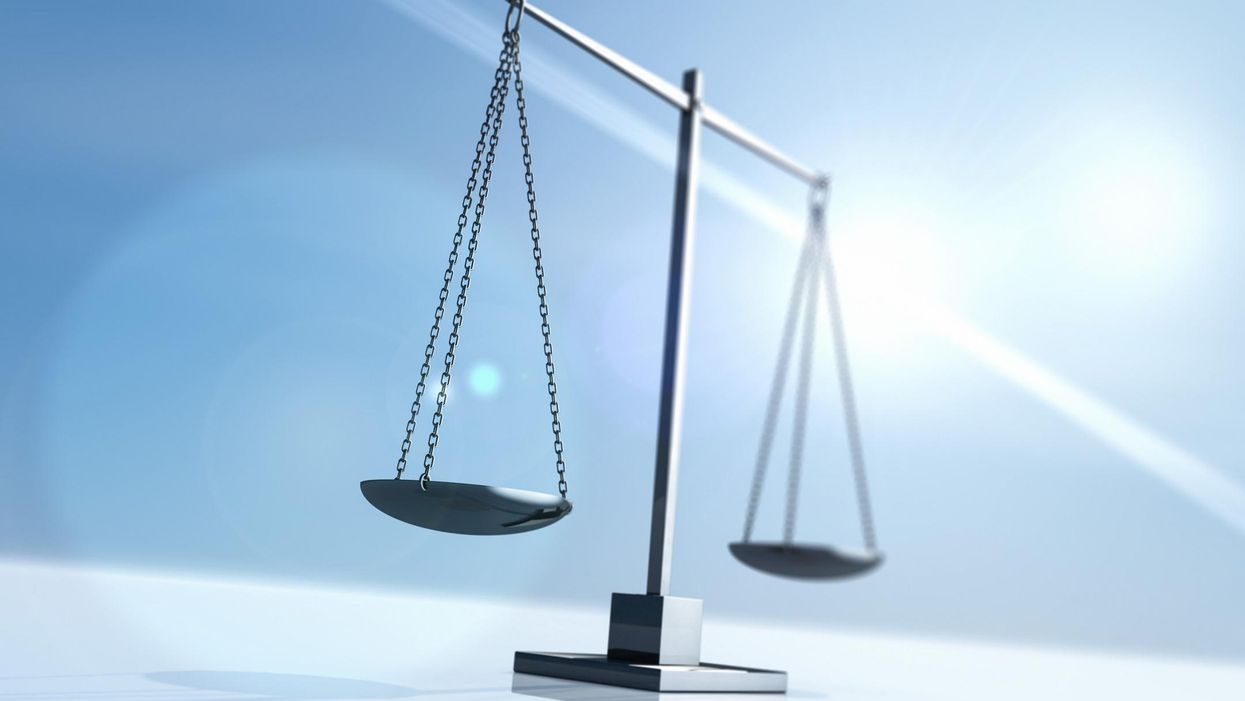Coyle is a retired minister who writes about the intersections of faith, culture and politics. She is the author of "Living in The Story: A Year to Read the Bible and Ponder God's Story of Love and Grace."
Joan Chittister is a Benedictine sister, theologian, author, speaker and persistent advocate for social justice. I so appreciate her affirmation of something I believe deeply: there is an overwhelming number of us humans who live our lives with kindness, fairness and compassion. There are more of "us" than there are of "them."
In all my years of traveling around the world, one thing has been present in every region, everywhere. One thing has stood out and convinced me of the certain triumph of the great human gamble on equality and justice.
Everywhere there are people who, despite finding themselves mired in periods of national [disruption] or personal marginalization refuse to give up the thought of a better future or give in to the allurements of a deteriorating present. They never lose hope that the values they learned in the best of times or the courage it takes to reclaim their world from the worst of times are worth the commitment of their lives.
These people, the best of ourselves, are legion and they are everywhere.
I really do believe this along with Sister Joan but, at the same time, I often doubt this truth because of the way our newsfeeds abound with the other kinds of stories: revelations of greed and corruption, incidences of violence and intimidation, reminders of arrogance and petulance.
Too many of our fellow humans in too many places across history and around the globe have bent justice into injustice. Too many twisters of truth justify their willful ignorance and live in alternative realities in which down is up, dark is light, wrong is right.
This bending and twisting is nothing new. And it, too, is everywhere.
Please understand I am not talking about political party affiliation. Nor do I refer to religious differences or ethnic diversities. Those altogether too neat distinctions mislead us into unnecessary and unfruitful divisions. I do believe that – within the human family – there is more that unites us than divides us.
During these dark and stressful days, I will hold on to hope that compassion and kindness are more powerful than hate. I will keep on trusting that truth seekers outnumber deceivers. I will continue to believe that love cannot be thwarted and light cannot be extinguished.
I believe there are more of us. And I believe that "tomorrow there will be more of us" again. Sister Joan agrees:
It is the unwavering faith, the open hearts, and the piercing courage of people from every level of every society that carries us through every major social breakdown to the emergence again of the humanization of humanity. In every region, everywhere, they are the unsung but mighty voices of community, high-mindedness, and deep resolve.
They are the prophets of each era who prod the rest of the world into seeing newly what it means to be fully alive, personally, nationally, and spiritually . . .
The difficult challenge set before us is this: No matter the circumstances of the next week or the next few years, even if we do find ourselves "mired in periods of national [disruption] or personal marginalization," we too must persevere. Like other "unsung and mighty voices" that came before us – we too will speak truth, fight for justice, and live in love.
This is my path anyway. And I have no doubt I walk together with countless other prophets of hope. We are legion and we are everywhere. There are more of us.
Joan Chittister, The Time Is Now: A Call to Uncommon Courage(Convergent: 2019), 5, 18, 27, 38.
"Tomorrow there will be more of us" poster cites words from the Hamilton musical. This phrase has become popular during the justice protests in the Summer of 2020.
A version of this article was first published at CharlotteVaughanCoyle.com.



















Trump & Hegseth gave Mark Kelly a huge 2028 gift